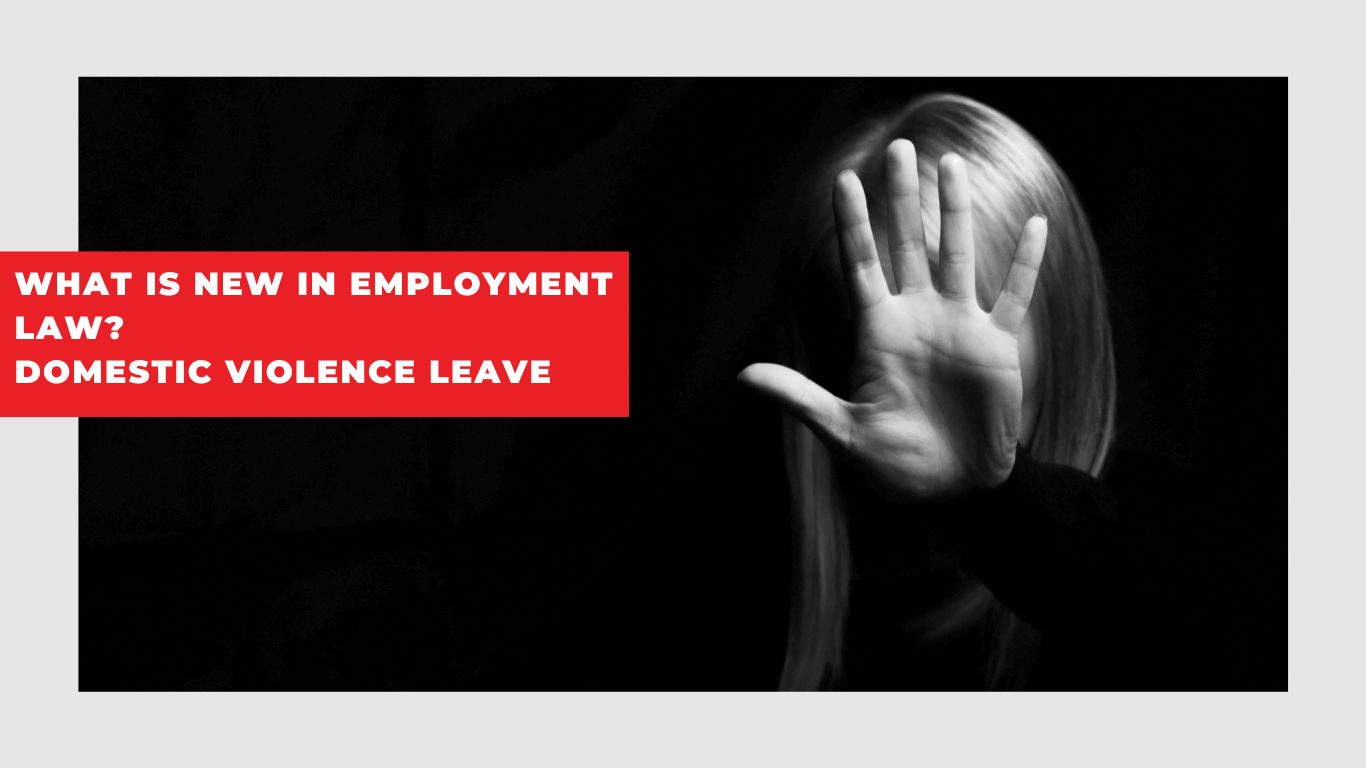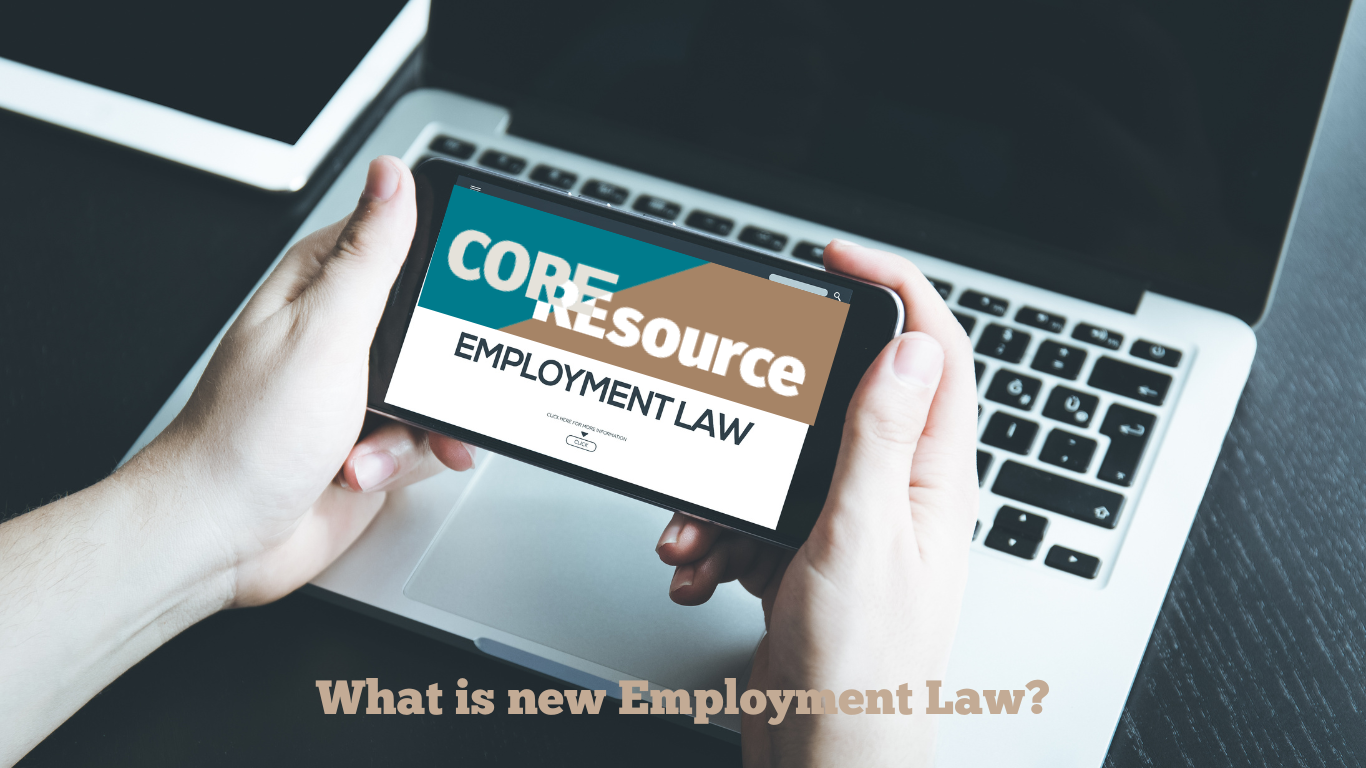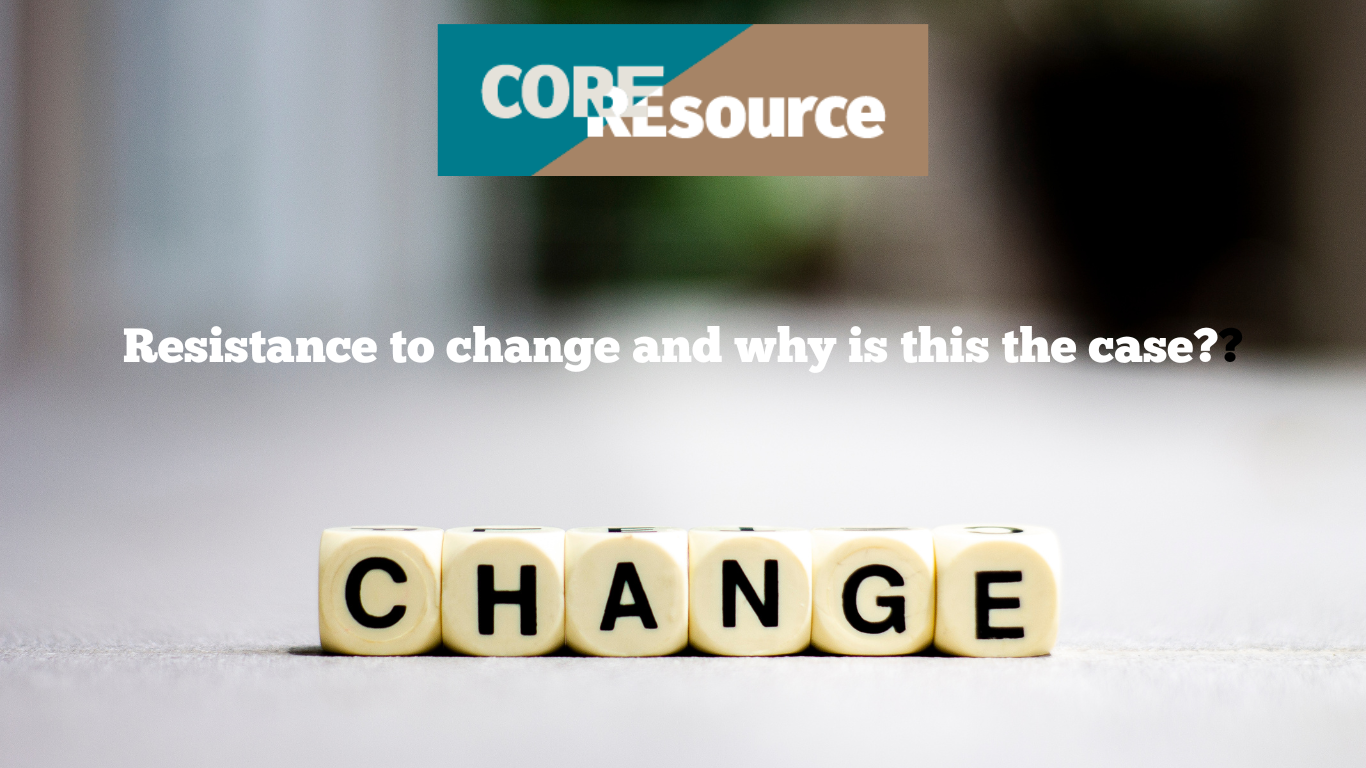Ireland is set to introduce Domestic Violence Leave this Autumn. This landmark development reflects a growing global awareness of the need to support victims of domestic violence in the workplace. The Work Life Balance and Miscellaneous Provisions Act 2023, which was passed into law earlier this year, included the introduction of this new type of leave.
Women’s Aid is currently working on the development of regulations outlining the rate of pay and providing recommendations to employers. People who are victims or at risk of domestic violence will be entitled to five days of leave each year beginning in the autumn, under current legislation. Under current legislation there is no minimum service requirement for employees to avail of this leave.
According to Roderic O’Gorman, Minister for Equality, “Domestic violence leave gives a victim of domestic violence the chance to access support without impacting on their employment and income. It is important that they can take the leave without worrying about losing income or being put at more risk.”
“Ensuring that they can receive their full pay will go a long way to help with this. We’ll be one of the first European countries to bring in paid leave for victims of domestic violence and this has been a priority for Government, part of our wider response in society and it’s a key priority for the Green Party,” he said.
“We want to get a balance here to make it as easy as possible for employees to be able to avail of this legislation.”
The purpose of domestic violence leave is to provide employees who are victims of domestic abuse with the necessary time off from work to address the legal, medical, emotional and logistical aspects of their situation.
This type of leave acknowledges the profound impact that domestic violence can have on a person’s overall wellbeing, including their ability to perform effectively at work. By offering this leave, employers aim to support and protect their employees’ physical and mental health, as well as provide a safe space for them to seek assistance and take necessary steps to ensure their safety.
Additionally, domestic violence leave aims to reduce the stigma surrounding domestic abuse, encourage open communication and contribute to the broader societal efforts to combat domestic violence. This new legislation will support employees to stay in their jobs and keep their financial independence, giving them opportunity to seek the required support.
This is the first statutory employment benefit when it comes to domestic violence in Ireland, and it is hoped that it will positively impact employees suffering from, or at risk of, domestic violence. Some private and public sector employers have already implemented this leave.
According to Sarah Benson, Chief Executive of Women’s Aid, “Domestic violence policies and guidelines for workplaces are a real ‘win, win’ for employees and employers alike: increasing staff wellbeing, supporting staff retention and also reducing the stigma of an issue that causes serious harm in Irish society.”





